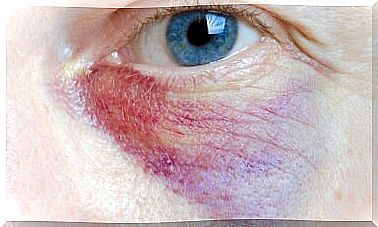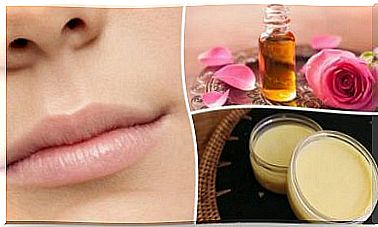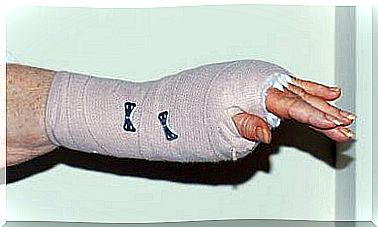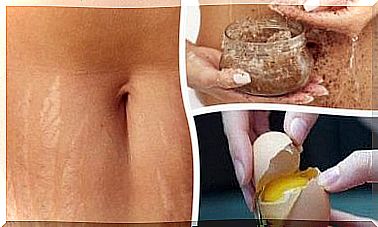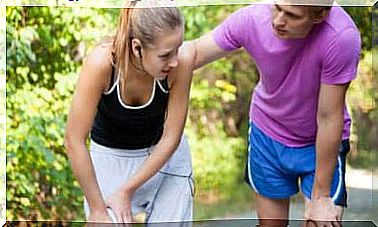This Is What Happens When You Snap Your Fingers
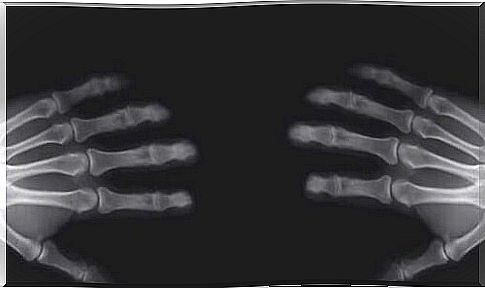
Finger-snapping is a habit that many people have often, although we have heard for many years that this habit could cause joint problems such as arthritis.
The act of snapping your fingers is a kind of pleasure.
Also, there are some people who like to do this several times a day, without thinking about the possible risks.
Why do we hear the “snaps” in our fingers?
Joints are the point where bones meet and join.
All joints have an area called the joint capsule, which protects them.
In addition, it contains a natural lubricant called synovial fluid; which is necessary for joint movement.
It is exactly this liquid that influences the famous “snap”.
Since there is air inside it, and when you snap your fingers, the joint separates and widens the space within the joint capsule.
On the other hand, causing the dissolved gases to form bubbles to occupy the new space created. When applying force to the joints, the formed bubbles quickly escape.
This is how the characteristic crackling sound occurs.
After the snap, it is not possible to repeat the action immediately; as the joints must first return to their normal size and the gases must dissolve in the fluid. After about fifteen minutes, it’s possible that we can hear the snap again.
Why do many people like to snap their fingers?
Experts guarantee that “snapping” your fingers can be a nervous habit. However, it can also be a pleasurable habit since, by stretching the joints, the nerve endings are stimulated in the area.
It has been determined that between 25% and 54% of people have this habit; being more common in men than in women.
What happens when we snap our fingers?
Many people have a bad habit of snapping their fingers frequently, even though it may annoy those around them.
Several studies suggest that snapping fingers can cause arthritis, reduce joint stability, and even lead to loss of hand strength and function.
From a scientific point of view, clicking your fingers too often over many years could cause damage to the cartilage that covers the joint.
However, there is still not enough evidence to demonstrate that this habit can effectively damage the joint.
One of the best known studies is the one that won the Nobel Prize in 2009 (alternative awards to unconventional work).
Donald Unger, a California midfielder, has snapped the fingers of his left hand for 60 years, at least twice a day. He never did the same with the fingers of his right hand; therefore, he concluded that, soon after these years, there was no sign of arthritis.
In a larger study, which was carried out in Detroit, USA, in the 1990s, the hands of three hundred people over 45 years of age were analyzed, and it was found that 84% of those with inflammation in their hands used to snap their fingers.
However, researchers could not find a direct relationship between this habit and inflammation in the hands of these people.
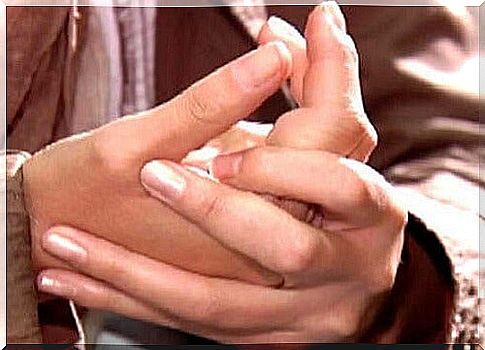
In any case, it is curious that the very people who frequently snapped their fingers in the past were exactly the ones who later developed problems and inflammations.
For the founders of osteopathy, this characteristic clicking sound is a sign that the technique is being performed correctly, and that, in fact, the objective of modifying a possible bad position of the bones has been achieved.
The conclusions of studies carried out over the years are divided between those who believe that this habit can damage joints and those who believe that this action is not harmful.
In fact, there is a lack of more scientific evidence that could link finger snaps to future cases of arthritis.
At the moment, we only know that this disease is caused by genetics, age and hard work for many years.
How can crackles really be dangerous?
Leaving aside the inconclusive theme of its relationship to the onset of arthritis; snapping your fingers could cause other damage.
For example, injuries to the thumbs or sprains in the ligaments of the fingers, although the number of cases is small.
